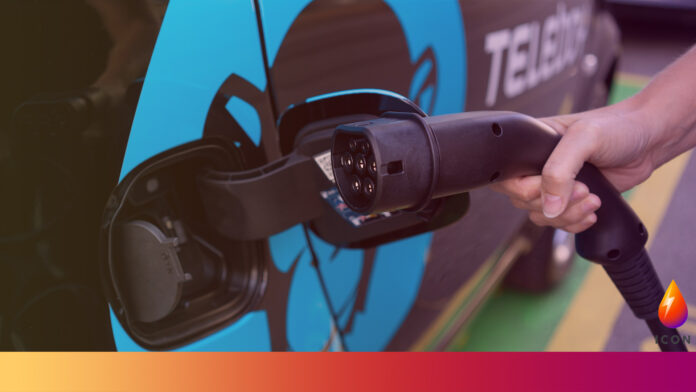
Accessibility standards are set to be developed for electric vehicle (EV) chargepoints across the UK, allowing disabled drivers to easily identify which models are suitable for their needs.
In partnership with national disability charity Motability, the Department for Transport (DfT) has commissioned the British Standards Institute (BSI) to develop accessibility standards for chargepoints across the country.
These standards will provide industry with guidance and drivers with a new clear definition of ‘fully accessible’, ‘partially accessible’ and ‘not accessible’ public EV chargepoints.
Barry Le Grys MBE, Chief Executive Officer at Motability, commented on the announcement: “There is a risk that disabled people are left behind as the UK’s transition to electric vehicles approaches and Motability wants to ensure that this does not happen.
“We welcome the interest from government in our research on electric vehicle charging and accessibility and we are excited about our partnership with the Office of Zero Emissions Vehicles to further this work.
“We look forward to working together to create world-leading accessibility standards and to support the UK’s commitment to achieving zero emissions. Motability looks forward to a future where electric vehicle charging is inclusive for all.”
The design of public chargepoints is already carefully considered by operators.
However, consistent standards are crucial for drivers to easily identify which chargepoints are suitable for their needs.
This could range from adequate space between bollards, charging units being of a height suitable for wheelchair users, size of the parking bay and the kerb height.
The Office for Zero Emission Vehicles (OZEV), Motability and BSI will be working with industry stakeholders including EV chargepoint operators, disability charities and innovators to ensure that the consumer can find the right chargepoints for their needs.
Minister for Disabled People Justin Tomlinson added: “As electric vehicles become more popular it is imperative that disabled people have the same opportunities to access them as everyone else.
“The new accessibility standards for chargepoints will help make this a reality.”
Motability is also working with Designability, a charity that creates products to enable disabled people to live with greater independence, to engage with disabled drivers and identify their requirements for accessible charging.
To ensure all interested stakeholders have the opportunity to come together and inform the standards, Motability will be holding a series of workshops on accessibility and electric vehicle charging in August.
More information about this is available on the UK Government website.